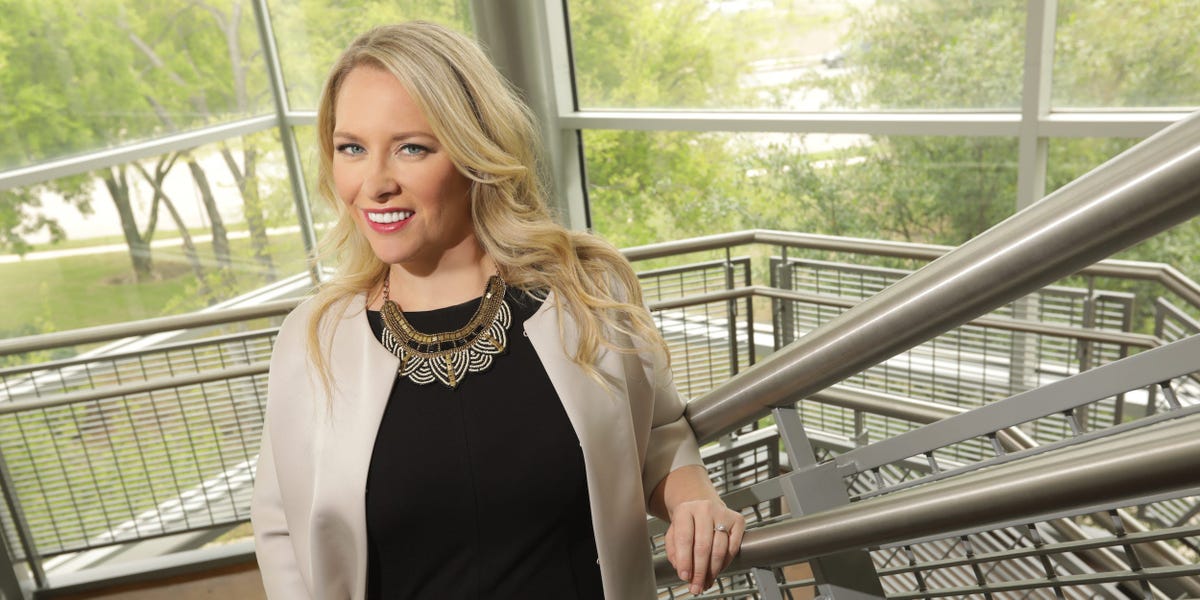A leading company focused on virtual transformation.
While many industries eliminate tasks from the COVID-19 pandemic, cybersecurity continues to rise to them. A recent exam shows 350,000 open tasks in the industry (and you can view them on a city-to-city map on a U.S.-funded online task site).
It’s not if there’s jobs. That’s how to land from a distance.
Chatelle Lynch, McAfee’s chief human resources officer, who oversaw the hiring of many cybersecurity professionals, says applicants want to prepare for two key areas:
Here are Lynch’s tips for performing a task in remote cybersecurity, because McAfee has more than a hundred positions lately:
“It’s no secret that the call to a body of cybersecurity painters has expanded over the past decade,” he says. “It means an opportunity, so if you don’t have a title, don’t let that hold you back. You can enjoy exclusive paintings or applicable certifications, choice learning or transferable skills that you want to make sure you wear when applying and interviews.”
Lynch says employer ratings are more flexible than they appear, and that veterans, computer scientists, and even players could possibly apply their skills.
2 “Don’t be afraid to show your rating interview point. I consider previous military service, PC fun, and applicable voluntary or amateur activities, such as gaming, to be a smart foundation for cybersecurity roles.”
You may not need to enjoy cybersecurity in the long run, but the current understanding of a company or industry is, Lynch says. “Find the company you sign up for and know why you need to sign up for a cybersecurity company. I ask the applicants and it’s clear that they’ve done some research.”
Cybersecurity is now in the headlines and talking about industry news is helping applicants connect with interviewers, he says. “Be aware of the applicable existing events. Has there been a recent cybersecurity incident in the news?”
Nor will it be a cyber-geek discussion on the latest hot topic of security research, Lynch says.
“A high-level celebrity was involved in a cyber scandal?” McAfee publishes a list of the “most damaging celebrities” of the year, and Lynch says understanding the link between cybersecurity and popular culture can be an icebreaker that a candidate shows is cunning.
Lynch urges applicants to conduct videoconference interviews with a friend who can give their opinion.
“Do a mock interview,” he says. “A virtual interview can be intimidating without practice. It’s not that simple to read the language of frames, so when you’re training, look for the interviewer’s clues, take a break more occasionally and listen. Don’t communicate directly with the camera, as it’s the closest visual touch you can get.”
It’s great to have samples of paintings in a position to assign and discuss them, Lynch says, and you also deserve to repeat that. However, sharing confidential documents in an interview for a cybersecurity task can be a fatal mistake. “It will not be appreciated to share beyond paintings that are considered confidential. Cybersecurity corporations take the security culture very seriously.”
You have to be your own video producer, says Lynch, who will show your generation wisdom and make a smart, non-public impression. “Make sure your video camera is properly positioned,” he insists. “Take a moment to see what your camera captures. Look at your lighting and avoid bright windows or lighting fixtures.”
With any technical maintenance, you need your device and WiFi to work well, or they don’t reflect its capabilities. “Try restarting your router and your PC for a new connection,” Lynch says.
Honesty and authenticity are very important, Lynch says, and that means being open, not just impressive. “Don’t embellish your experience, own a home. Talk definitively about your adventure and the possible options you’ve made in your career. If you’ve been fired in the past, say so. Sometimes roles don’t work, yet that doesn’t mean you’re possibly not a better spouse for the next position or company.”
Emotional intelligence, the ability to relate perceptually to others, is a huge asset to develop, she says.
“Look directly at the camera and actively listen. Share stories about who you are, not just what you’re doing. Swap, build relationships, and empathize with your interviewer. Candidates who express an authentic interest in how the company is going in this unprecedented era Are very emotional intelligence is all I look for in what is “normal”, however, in the midst of the coronavirus pandemic, I place it more vital than ever.”

